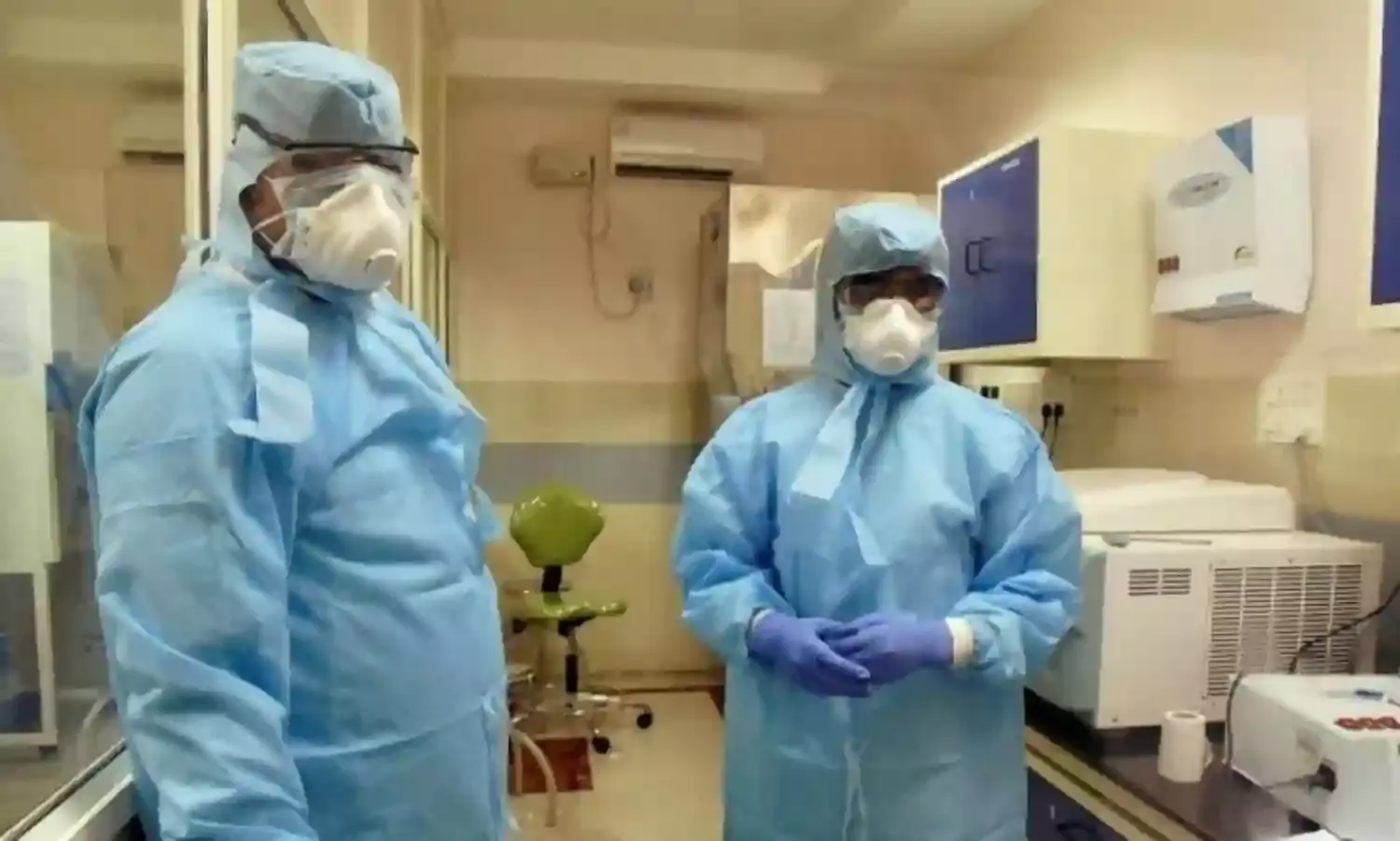A Silver Lining in These Dark Clouds
Hope yet
The world is in the crippling throes of an unknown, unseen and still unfathomable challenge that has made an utter mockery of the societal and political urgencies that dominated our conscience just a few months back.
From its mysterious genesis in Wuhan, to the spiralling deaths in Italy and the ongoing shock in New York – the world is united in grief as something unprecedented tears apart our societal mores, administrative norms and styles of government.
Humanity has not known a more devastating leveller that delegitimises its artificial borders, ideologies, religions, affiliations and other ‘divides’, which defined our individuality in a meaningless way. It is only humanity in the collective sense that can rise to the challenge and save itself, or sink into the hubris of ‘differentiations’.
India has not been spared the horrors of this global pandemic, necessitating certain administrative decisions that have fundamentally disrupted the normalcy of our lives. We must address this crisis responsibly, sensitively and by going the extra mile for each other and ourselves. Like the rest of the world, we may eventually triumph – but the price that the many ‘nameless, shirtless and the roofless’ will have paid to emerge from it, will leave posterity scarred.
In every crisis, the monopoly on scarce resources is held by those in power, affluence or administrative control of the situation. It always tests our morality and commitment to the various formal and informal oaths of allegiance that we swear as citizens.
The medical fraternity is one such domain, tirelessly pushing itself to extreme limits of physical ability. Stories abound of the doctors, nurses, paramedics, ambulance drivers and hospital staff working in the most unsafe, inhospitable and gruelling conditions.
These warriors against the viral menace are just a step away from succumbing to it themselves. No amount of clapping or beating of drums can do them enough justice or show enough gratitude. They need the much-required testing, patient care medicaments and infrastructure, and above all, basic protection for themselves on the frontline.
Another thankless and often misunderstood job is that of the law enforcers i.e. the policing fraternity, who are putting themselves at risk in a lockdown situation that medically warrants staying at home, away from potential infection.
Indeed there have been disturbing videos and reports of ostensible police high-handedness in enforcing the lockdown, but the other truth of India’s undisciplined, untamed and unconcerned citizenry in crises like these remains ignored.
The overall civic negligence and casualness with which the citizenry reacted to the lifting of the temporary ‘shutdowns’ showed irresponsibility and sheer contempt for our basic responsibilities to our communities, families and thereby to ourselves. In such a large populace with a derisive attitude towards governmental advisories, it becomes imperative for the law enforcers to shift gears from general ‘advising’ to specific ‘enforcing’.
And while it is easy to paint these enforcers as villainous brutes, it is important to remember that they are only enforcing what is essentially decided by the administrators, and not by them. Often the politicians and administrators knowingly promise the ‘undeliverable’, yet it is only the policeman’s job on the line, to deliver it. This results in a tension that very often and unfairly posits the policeman against the citizens that he or she has taken an oath to protect.
Amidst these gloomy and despairing times, came a snippet on TV about a deputy superintendent in the Chandigarh Police, Dilsher Singh Chandel, who chose humanity and selflessness in the course of his duty.
A gut-wrenching story of an impoverished family in one of the outlying villages in Le Corbusier’s idyll had its proverbial ‘last straw’ moments with the financially debilitating lockdown – and the family in a heartbreakingly hopeless moment decided to end it with a suicide.
DSP Chandel rushed to the spot and assuaged the broken family immediately giving them 1,000 rupees of his own and asking the local SHO to provide whatever possible to ensure their sustenance and survival with dignity. DSP Dilsher Singh Chandel is an unintentional superhero who wears the Khakhi with much élan, pride and responsibility, demolishing the lazy perception of the policing fraternity.
It turns out that the barrel-chested DSP is a former Paratrooper of the Indian Army who has the rare honour of affixing the Para ‘wings’ onto his Police uniform – much like his father did, equally impressively built, and also a proud Paratrooper of the Indian Army. Service to the nation must have been instilled in the warrior as a natural recourse and upbringing – but there are many more such unrecognised and faceless heroes at the forefront of trying to maintain law and order, in as practical a way as they can, given the magnitude of the crisis and the ‘promises’ made.
Ever war begets heroes and superheroes, and when the dust on the war against the deadly coronavirus has died down, we will owe enormous gratitude to those who stood firm against the storm.
No more condescending platitudes and generalities. It is incumbent to remember that these heroes stood out in the rubble not because of how the nation empowered them, but in spite of it.
The entire ecosystem of governance needs to be more responsive, realistic and planned – political rhetoric and passions aside, the reality of this crisis should awaken the citizenry towards demanding more clarity, maturity and sensitivity from our political classes, administrative arms and even ourselves, our societies.
A wake-up call looms. We might just survive this crisis, but if we don’t change for posterity, we may not get another chance.





